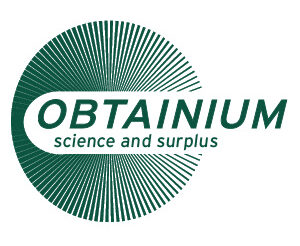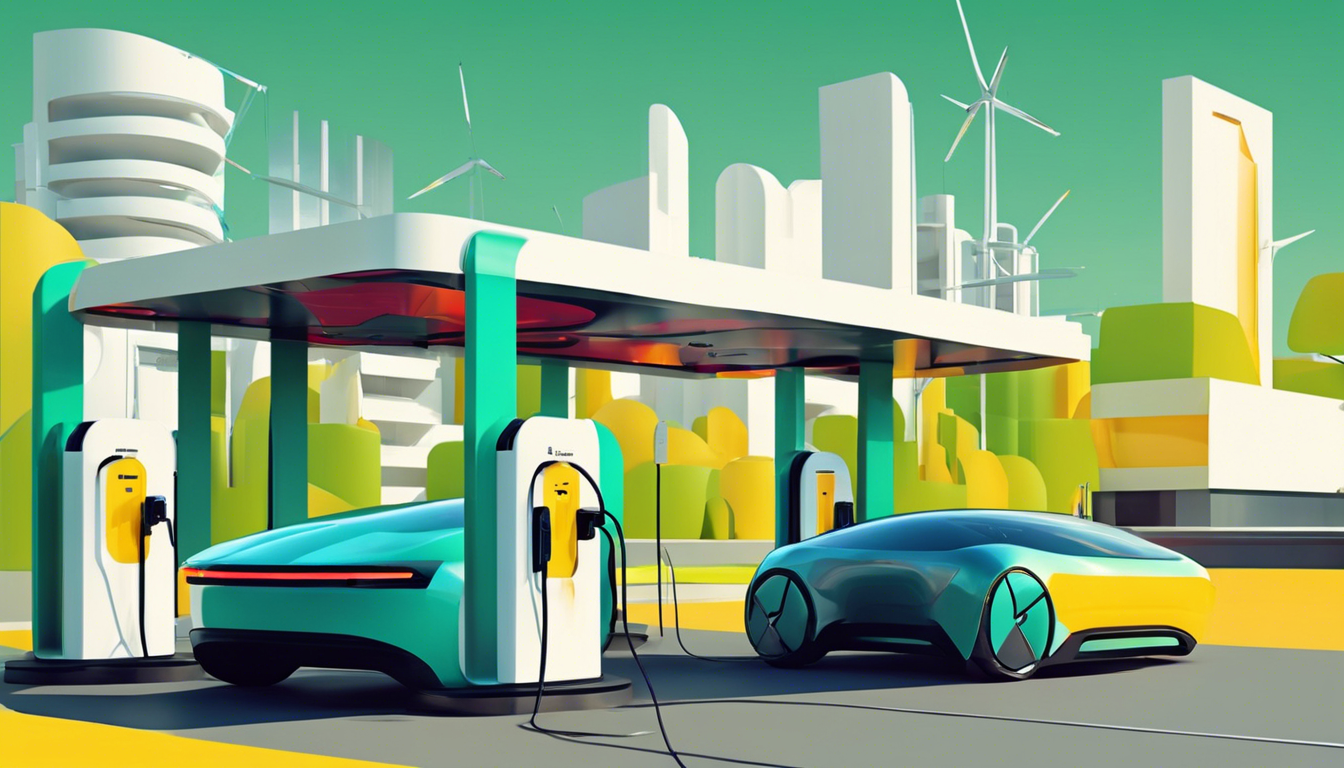As the electric vehicle (EV) market surges forward, the demand for advanced battery technologies has never been greater. Stellantis, a global automotive leader, has recently partnered with Zeta Energy to develop next-generation lithium-sulfur batteries, targeting implementation by
2030. This innovative approach promises to transform the EV landscape by enhancing charging speeds, reducing costs, and ultimately providing drivers with better performance and range. In this article, we’ll explore the fundamentals of lithium-sulfur battery technology, its benefits, and its anticipated impact on the future of electric vehicles.
Key Takeaways
- Stellantis and Zeta Energy are collaborating to develop high-performance lithium-sulfur batteries for EVs by
2030. - These batteries promise lighter packs with improved driving range, faster charging, and lower production costs.
- The partnership aims for a significant reduction in CO2 emissions through the use of waste materials in battery production.
Overview of Lithium-Sulfur Battery Technology
## Overview of Lithium-Sulfur Battery Technology
Recent developments in battery technology have positioned lithium-sulfur (Li-S) batteries as a promising alternative to conventional lithium-ion batteries, particularly in the electric vehicle (EV) sector. Stellantis, a key player in the automotive industry, has partnered with Zeta Energy to advance the development of these next-generation batteries, aiming for implementation by
2030. The lithium-sulfur batteries are designed to achieve a higher gravimetric energy density, offering the potential for lighter battery packs without sacrificing performance. This enhancement is crucial for EVs, as it translates to increased driving ranges, improved handling, and an overall boost in vehicle performance.
One of the standout features of this collaboration is the projected 50% increase in charging speed over current lithium-ion technologies. This improvement can significantly enhance user convenience and the feasibility of EVs in daily life. Furthermore, the anticipated cost reduction—from more than double the price of lithium-ion batteries to less than half—could make electric vehicles more accessible to a broader audience, driving the transition towards sustainable transportation.
Ned Curic, Chief Engineering and Technology Officer at Stellantis, spoke about the strategic importance of this partnership, emphasizing how it aligns with their commitment to achieving carbon neutrality by
2038. The collaboration between Stellantis and Zeta Energy promises not only to innovate battery technology but to do so in a way that prioritizes environmental sustainability. The planned lithium-sulfur batteries will utilize waste materials and methane, aligning with the global push for lower carbon emissions.
Moreover, these batteries can be produced in existing gigafactories, which optimizes resources and reduces production costs. The partnership marks a significant step towards scaling up production capabilities, ensuring that Stellantis will be ready to equip their fleet with advanced lithium-sulfur technology well before
2030. As the automotive industry moves closer to integrating greener technologies, the developments in lithium-sulfur battery technology could play a pivotal role in shaping the future of electric vehicles.
Benefits and Impact on Electric Vehicle Performance
The benefits of lithium-sulfur batteries extend beyond mere performance improvements, touching on critical aspects such as sustainability and cost-effectiveness. With an energy density that surpasses traditional lithium-ion solutions, these batteries can enable manufacturers to produce lighter vehicles without compromising on range or power, making them a superior choice for electric vehicles. This shift toward lithium-sulfur technology not only enhances the driving experience but also supports the broader shift towards greener energy sources. The emphasis on utilizing waste materials in the production process aligns with Stellantis and Zeta Energy’s initiatives aimed at reducing carbon footprints and promoting circular economic practices. Furthermore, a focus on faster charging capabilities significantly alleviates one of the major pain points associated with current EV technologies, making them more practical for everyday use. As consumer demand for electric vehicles continues to escalate, the combination of improved performance, enhanced sustainability, and reduced costs presented by lithium-sulfur batteries could be the catalyst needed to drive widespread adoption and revolutionize the automotive landscape.
About Obtainium Science and Surplus
Obtainium Science and Surplus has been a trusted source of surplus scientific and industrial equipment since 1999. Focusing on reliability and competitive pricing, Obtainium helps professionals and enthusiasts find unique and essential components. Visit Obtainium Science and Surplus to discover more.


